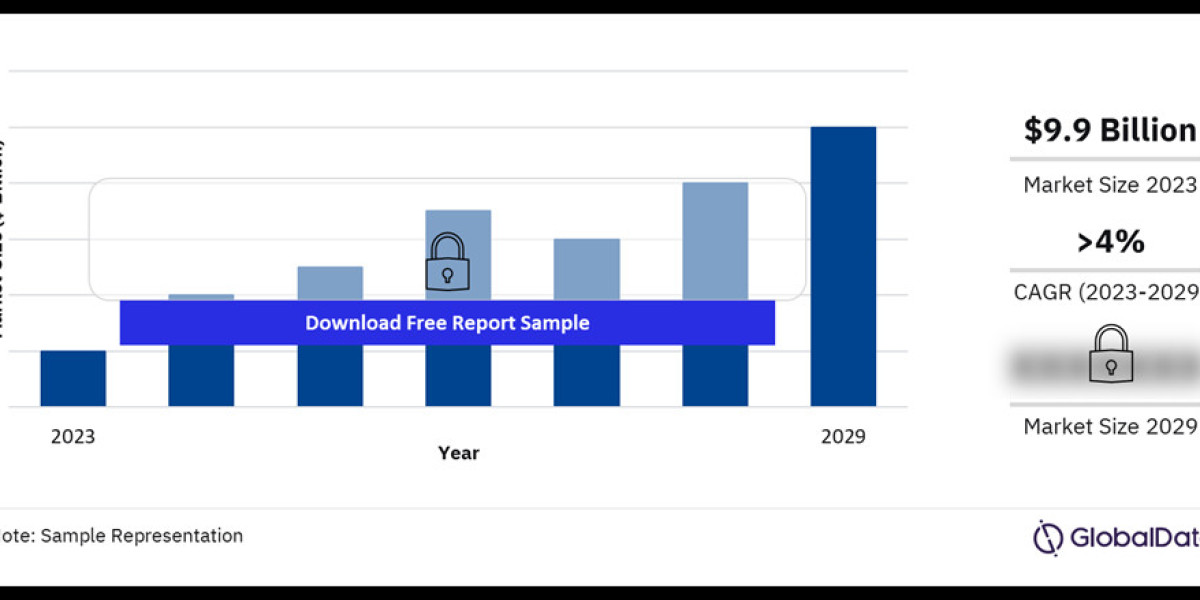In the world of financial planning, the way professionals are compensated can have a significant impact on the advice they provide. One increasingly popular method is fee-only financial planning, a transparent and unbiased approach that aligns the advisor's incentives with the client's best interests. This article will delve into the benefits of fee-only financial planning and why it may be the ideal choice for individuals seeking independent financial guidance.
What is Fee-Only Financial Planning?
Fee-only financial planning refers to a compensation model in which financial planners are paid directly by their clients for the advice and services they provide. Unlike commission-based financial advisors who earn a fee from selling financial products, fee-only planners do not receive commissions or any third-party payments. This ensures that the advice they offer is not influenced by outside incentives, allowing for a more objective and client-focused approach.
The Key Benefits of Fee-Only Financial Planning
1. Unbiased Advice
One of the biggest advantages of fee-only financial planning is that it eliminates any conflicts of interest. Since fee-only advisors are paid directly by their clients, they are not incentivized to sell particular products or services that could benefit them financially. This means that the advice provided is solely in the client's best interest, which fosters trust and confidence in the financial planning process.
2. Transparency
Transparency is a cornerstone of the fee-only model. Clients are fully aware of how much they are paying for financial planning services, with clear, upfront fees that are disclosed at the outset. This contrasts with commission-based models, where clients may not be aware of the costs associated with certain financial products or services. With a fee-only planner, there are no hidden fees or surprises, making it easier for clients to understand and control their financial planning expenses.
3. Long-Term Financial Goals
Fee-only planners often take a holistic approach to financial planning, focusing on the long-term financial goals of their clients. Since their compensation is based on the services they provide, rather than on selling products, fee-only advisors are more likely to create customized financial plans that align with their clients' specific needs, helping them build and maintain wealth over time.
4. Avoiding Conflicts of Interest
The fee-only structure significantly reduces the potential for conflicts of interest. In commission-based models, advisors may be motivated to recommend certain products or services that offer higher commissions, even if those products are not the best fit for the client. Fee-only planners, however, are free to recommend financial strategies and products based solely on their clients' objectives and financial situation, ensuring that every decision is made with the client's best interest in mind.
How Fee-Only Financial Planning Works
Fee Structure Options
Fee-only financial planners typically charge clients in one of several ways:
- Hourly Fees: Clients are charged for the time spent on consultations or ongoing services.
- Flat Fees: A fixed fee is charged for specific services or a comprehensive financial plan.
- Assets Under Management (AUM) Fees: A percentage of the assets under management is charged annually, typically ranging from 0.5% to 1%.
These fee structures ensure clarity and are designed to match the level of service provided. Clients are always aware of what they’re paying for and can make informed decisions about how to allocate their resources.
Understanding the Advisor's Role
A fee-only financial planner is an advocate for the client's financial well-being. Their primary role is to offer advice that helps clients achieve their financial goals, whether that involves retirement planning, tax strategies, investment management, estate planning, or budgeting. The absence of product commissions allows these planners to focus entirely on their clients' needs, providing guidance that is free from external pressures.
Choosing the Right Fee-Only Financial Planner
When selecting a fee-only financial planner, it is important to consider the advisor's qualifications, experience, and approach to financial planning. Look for certifications such as Certified Financial Planner (CFP®), which indicates a high level of professional competence. Additionally, consider the planner's reputation and reviews from other clients to ensure they align with your values and financial goals.
Conclusion
Fee-only financial planning offers an unbiased, transparent approach to managing your financial future. By working with an advisor who is solely compensated by the client, individuals can rest assured that the advice they receive is objective and tailored to their needs. This model reduces conflicts of interest and ensures that the planner’s incentives are aligned with their client’s financial well-being. Whether you are planning for retirement, saving for your children’s education, or simply seeking to improve your financial health, a fee-only financial planner can help guide you towards achieving your goals with integrity and transparency.
Visit the official website of matterhornfp.com









